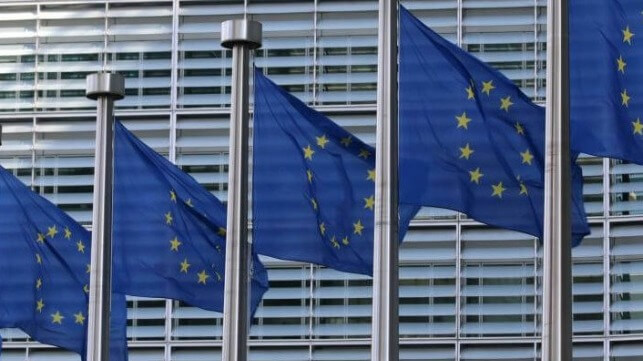EU Seeks Powers to Secure Supply Chains in Emergency

In response to tremendous disruptions currently facing logistics industry, next week the EU executive is expected to unveil a proposal to facilitate monitoring of supply chains of critical sectors during emergencies. The proposal, Single Market Emergency Instrument (SMEI), is part of the lessons the EU drew from debilitating supply chains breakdown during the Covid-19 pandemic and the war in Ukraine.
In early 2020 when Covid-19 pandemic hit, regional and international markets were in disarray. Countries quickly moved to close down their national borders, which meant essential supplies were locked up in some nations to the disadvantage of others.
Consequently, one of the primary goals of SMEI is to make sure that member states do not put barriers within the single market in times of crisis. Second, SMEI hopes to establish a framework where supply of critical goods is guaranteed at all times.
The proposal comes as Europe continues to struggle with the lingering impact of the pandemic on the global supply chain. This week the Kiel Institute (IFW) warned that port congestion in the North Sea has increased. They wrote in the latest update to the Kiel Trade Indicator that supply bottlenecks and congestion in container shipping are becoming more entrenched and slowing the recovery in global trade.
The EU’s proposal recommends an escalating set of actions that are applied depending on the level of emergency. During normal times, the EU proposes a framework for contingency planning. In times when there is a disruption in the horizon, but no full-blown emergency, it proposes a single market vigilance. In case of an emergency, SMEI recommends a framework on “single market emergencies” where the EU is given far-reaching powers to intervene in the market.
In addition, the SMEI contains a clause for the formation of an advisory group that would help the EU evaluate critical situations likely to hit different market sectors and whether the activation of the vigilance framework is warranted.
“Vigilance mode may be activated in case a significant incident has occurred, which has the potential to significantly disrupt the supply chain of goods and services of strategic importance,” reads part of the SMEI draft proposal see by Euractiv news.
The advisory group would consist of the commission and one representative of each EU member state.
Another proposed element in the SMEI is prohibiting intra-EU export bans for crisis-relevant goods and services as well as restrictions on the free movement of workers needed in provision of essential services, that is if supply chain disruptions occur within the single market.
Companies or their associations would also be required to provide information about supply of critical goods in times of Single Market Emergency. Failure to comply with the information request could attract a €300,000 fine.
Further, SMEI gives EU commission mandate to require companies to prioritize some orders over others. For example, the EU can force a vaccine manufacturer to prioritize EU vaccine orders if emergency mode is activated to mitigate a pandemic. This borrows from Chips Act where EU, in times of emergencies could require technology companies to take exclusive microchip orders for the region.
